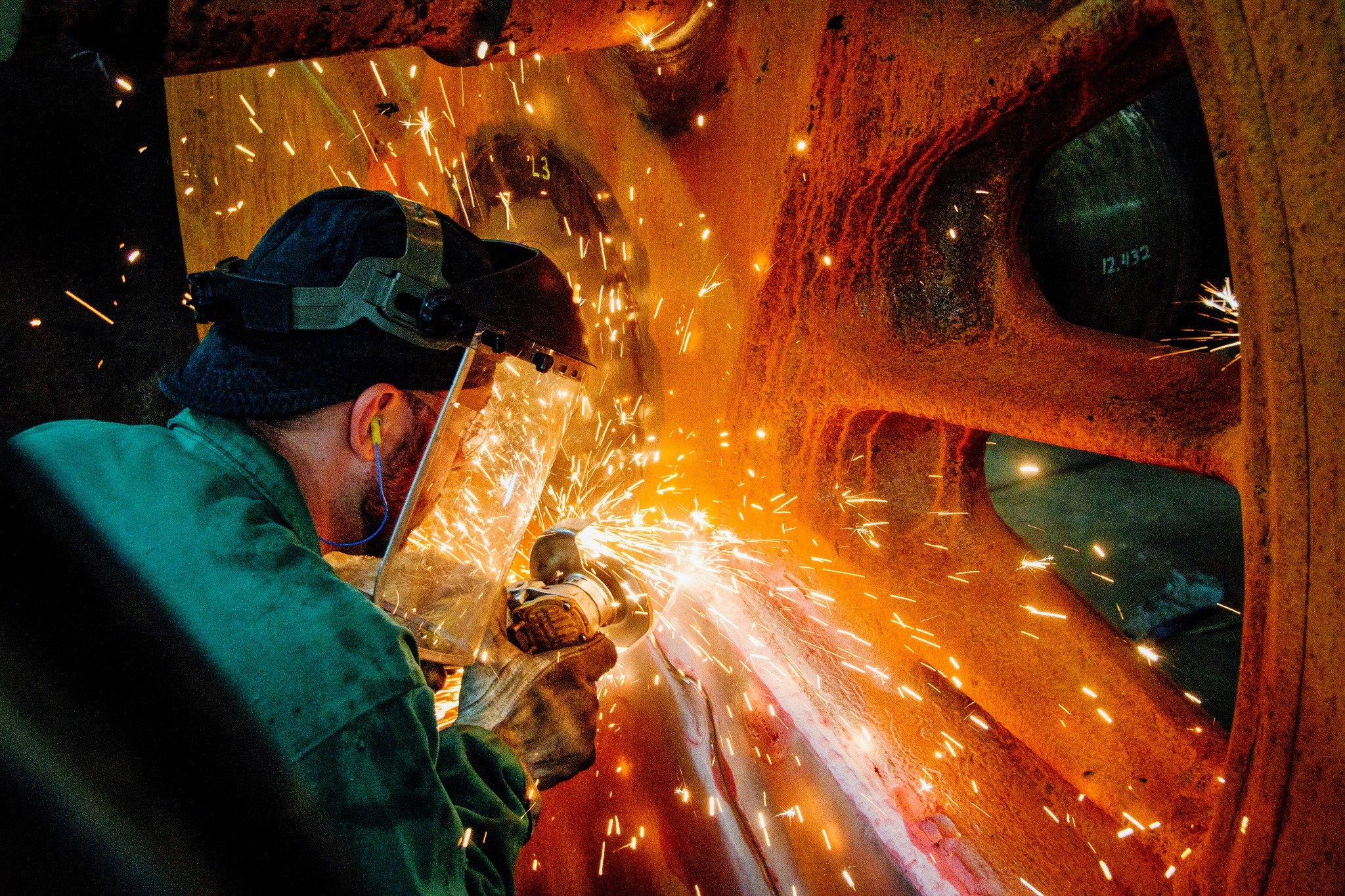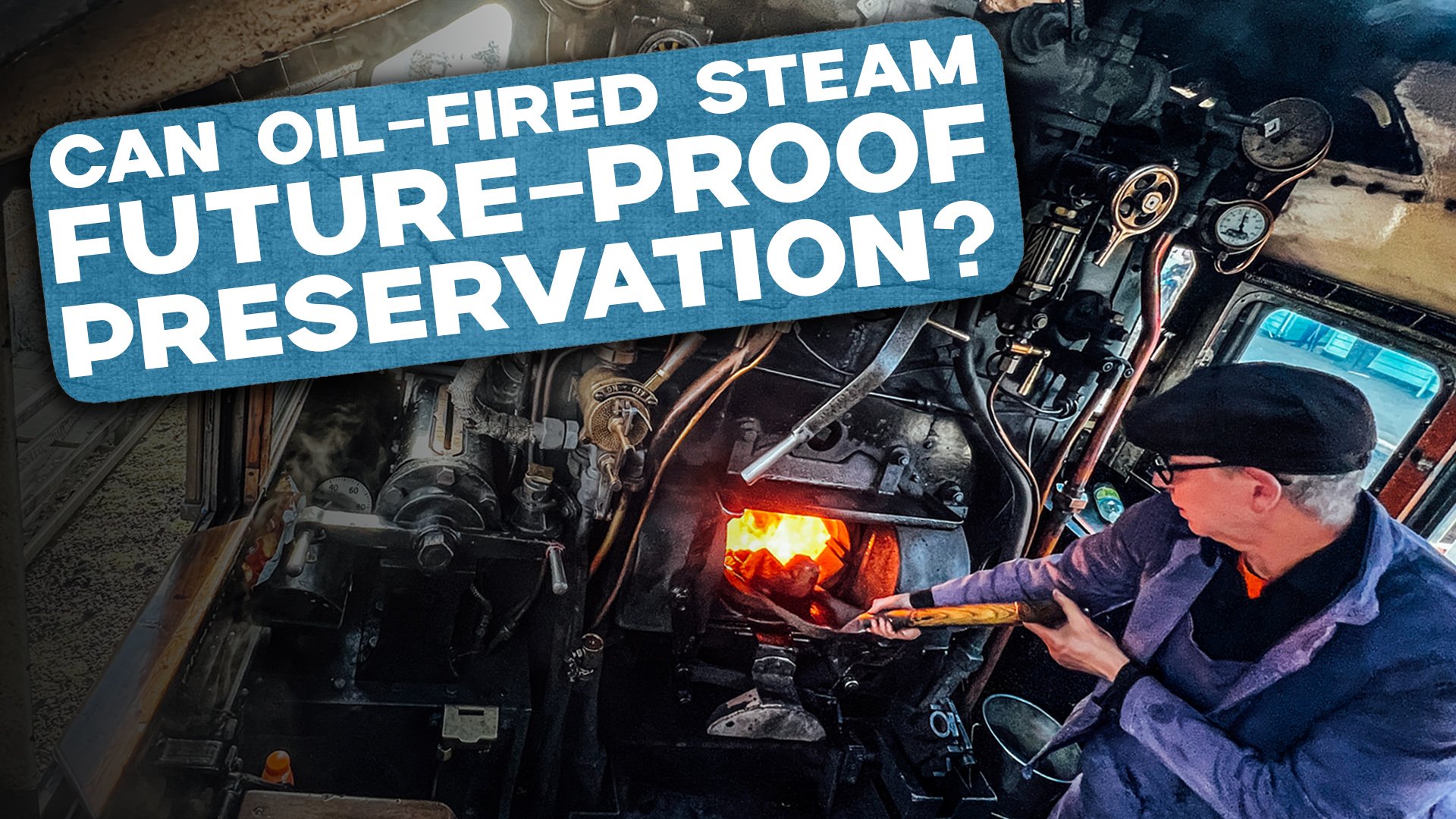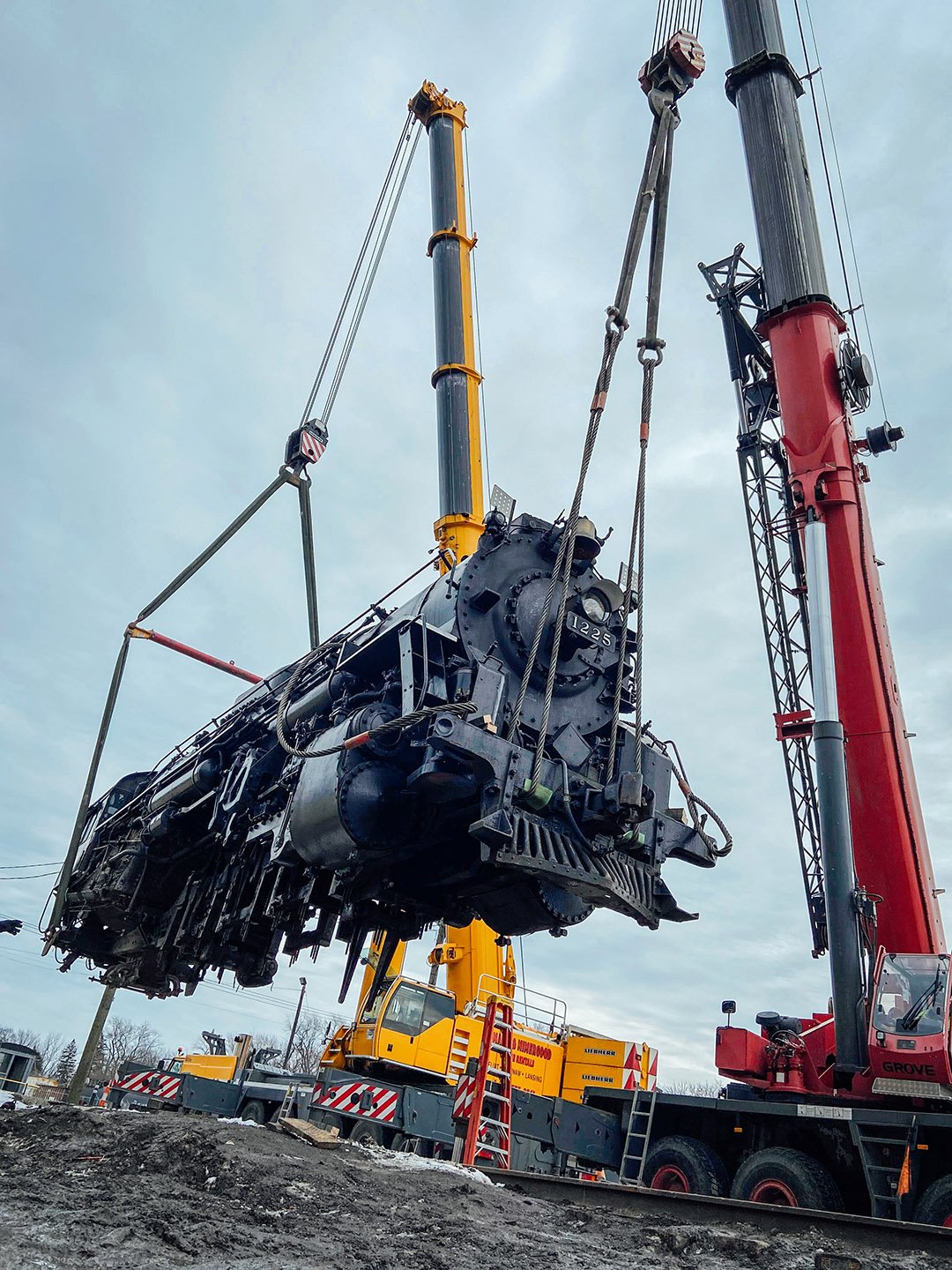
News

Converting Coal Fired Steam Locomotives to Oil
To future-proof rail preservation, FMW Solutions will convert a historic steam locomotive from burning coal to oil as part of the first full-size steam locomotive conversion project in the U.K. since the end of steam. Learn how this work will contribute to cost savings, labor savings, and lessen greenhouse emissions for an important heritage attraction.

Rebuilding a Michigan Icon | Steam Locomotive Running Gear Overhaul
Building a First-Class Tourist Train
Steam Locomotive Frame Inspection on Pennsylvania Railroad K4 No. 1361
Former Lucey Boiler Company Site to Host Historic Steam Locomotive Restoration
Railroad contractor FMW Solutions has expanded its railroad mechanical and steam locomotive overhaul and restoration services in the Chattanooga region.
Steam Locomotive Boiler and Firebox Inspection on Pennsylvania Railroad K4 No. 1361
FMW Solutions Enlisted as Strategic Partner for Historic Pennsylvania Railroad Locomotive Restoration
The RAILROADERS MEMORIAL MUSEUM (RMM) announced this week that it has named FMW SOLUTIONS LLC as its strategic partner in the restoration of PENNSYLVANIA RAILROAD K4s-class steam locomotive No. 1361. Working with the board and sta at RMM, and a team of qualified volunteers, FMW Solutions will oversee the day-to-day restoration efforts of the museum’s national icon and assist in strategic planning for the eventual operation of the attraction
